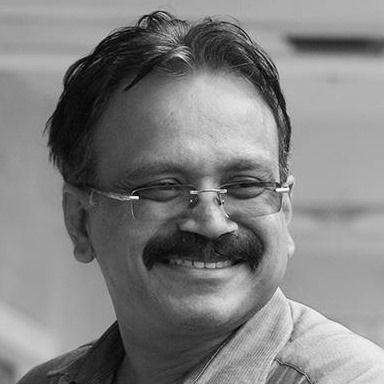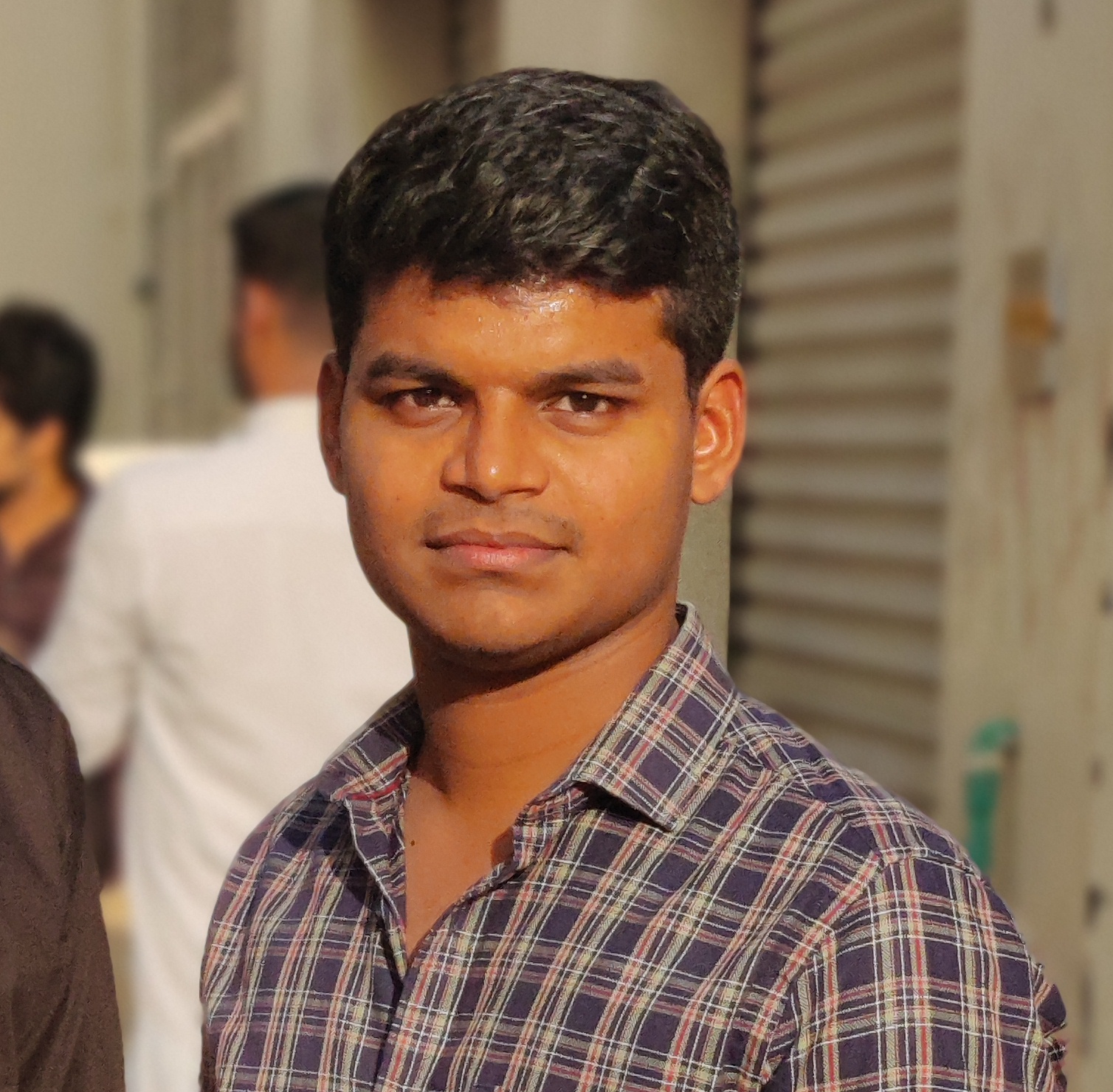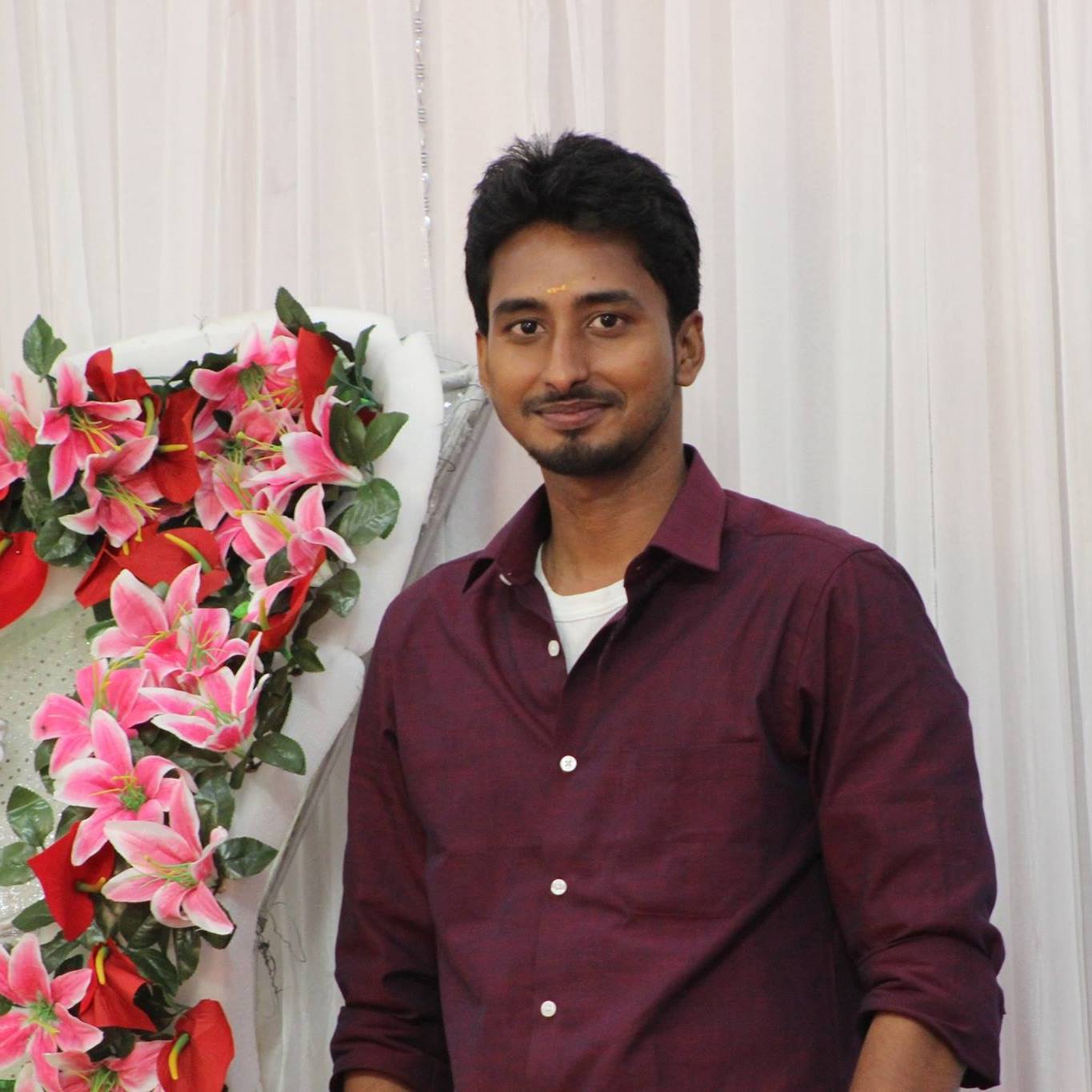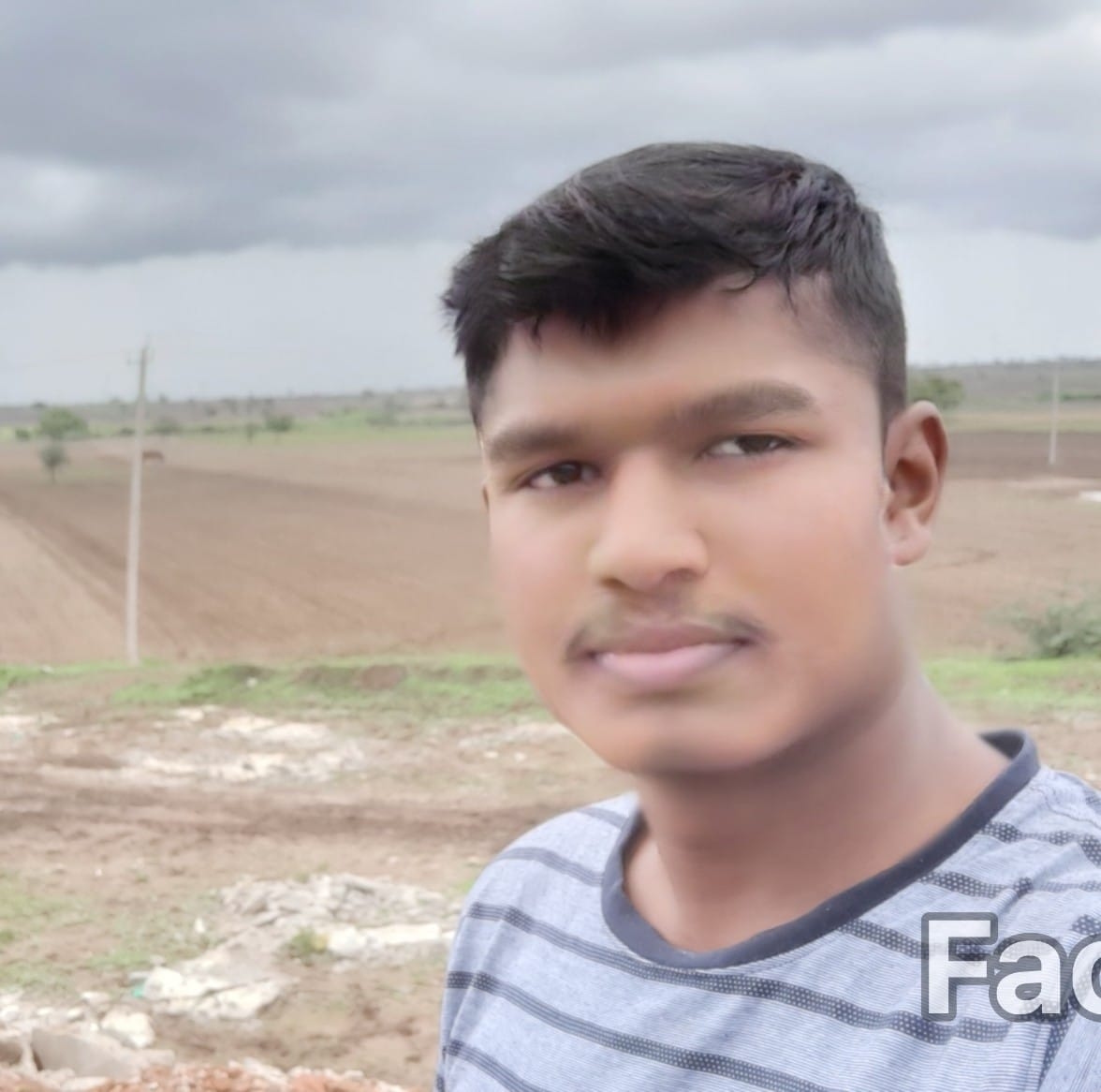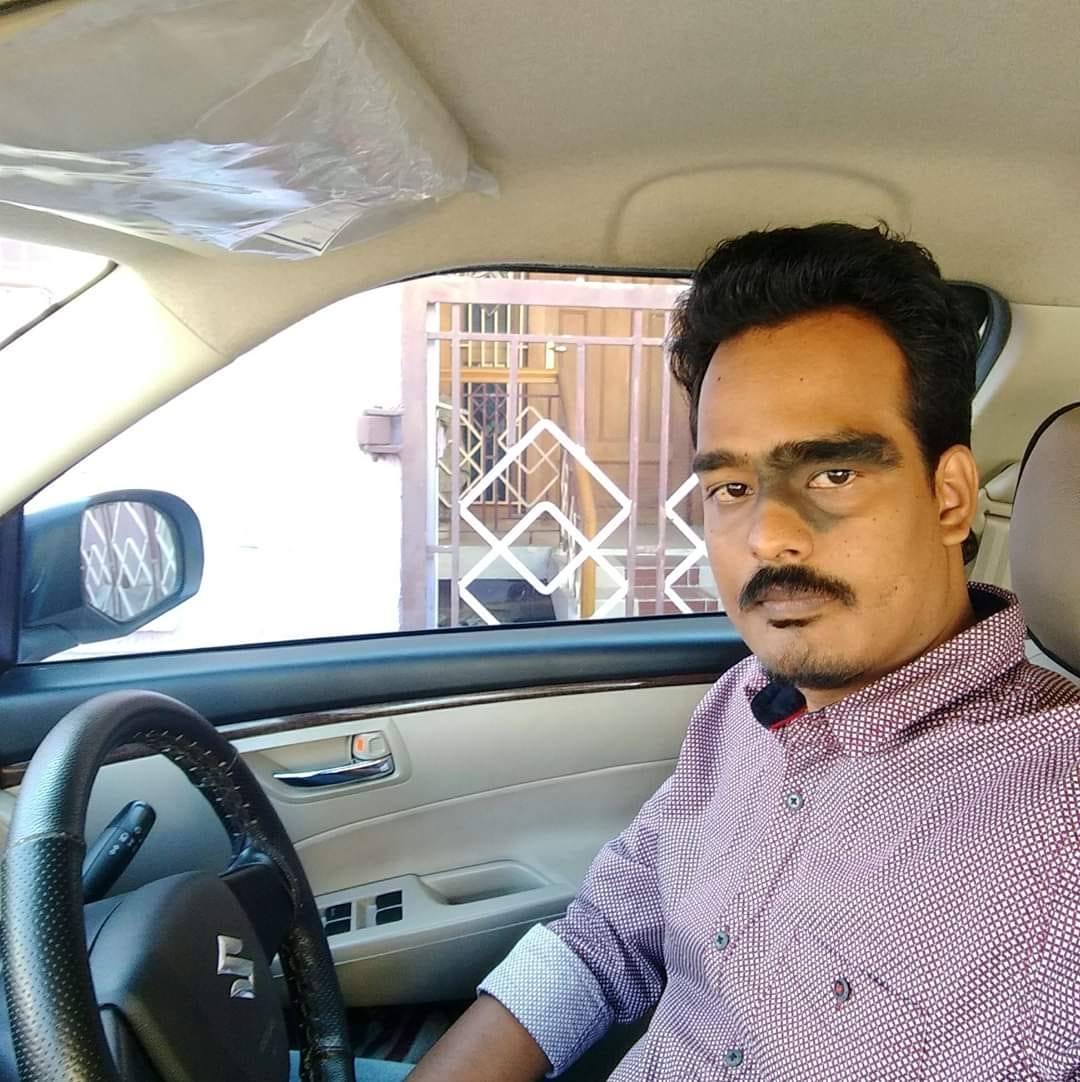Keeladi in News
Keeladi excavation site is a Sangam period settlement that is being excavated by the Archaeological Survey of India and the Tamil Nadu Archaeology Department. This site is located 12 km southeast of Madurai in Tamil Nadu. In June 2015 an Archaeological Survey of India group led by Amarnath Ramakrishnan started the first phase of the excavation in Keeladi. The second phase began on 2 January 2016. Various documents including medical jars, antique kitchen wells, factory and government seals were found. At the end of the second phase, more than six thousand artifacts were found. It was confirmed that these artifacts were 2,200 years old when they were tested by radiocarbon dating. The third phase of the excavation was conducted under Sri Ramanan of the Archaeological Survey of India from January 2017. The work ended on 30 September 2017. In the third phase, 16 digging sites were selected taking up a total area of 400 square meters which is 80 acres of land. The fourth phase of the excavation was conducted between 2017 and 2018 bringing out 5,820 artifacts. This phase was conducted by the Tamil Nadu Archaeology Department while the first three phases were conducted by the Archaeological Survey of India. Six carbon samples collected from the fourth phase of excavation at Keeladi were sent to Beta Analytic, Miami, Florida, USA for Accelerator Mass Spectrometry (AMS) dating. one sample collected at a depth of 353 cm was dated at 580 BCE. The graffiti marks on the artifacts obtained from the excavation site were found to be similar to the Indus Valley script by the excavators and thus lend credence to the long-held view that the language of the Indus Valley Civilization was proto-Dravidian. In June 2019, the Tamil Nadu Archaeology Department began the fifth phase of the excavation led by Dr R Sivanantham. This phase will be completed in four to five months in which 15 trenches have been planned to be dug. In the 5th stage of excavation, Sangam-era bricks and more than 700 objects were found and these have been sent for testing. Preliminary report of the fifth phase of excavations is nearing completion. Sixth phase of excavation along with simultaneous excavation in neighbouring villages (Manalur, Kondhagai, and Agaram) began on 19 February 2020.
